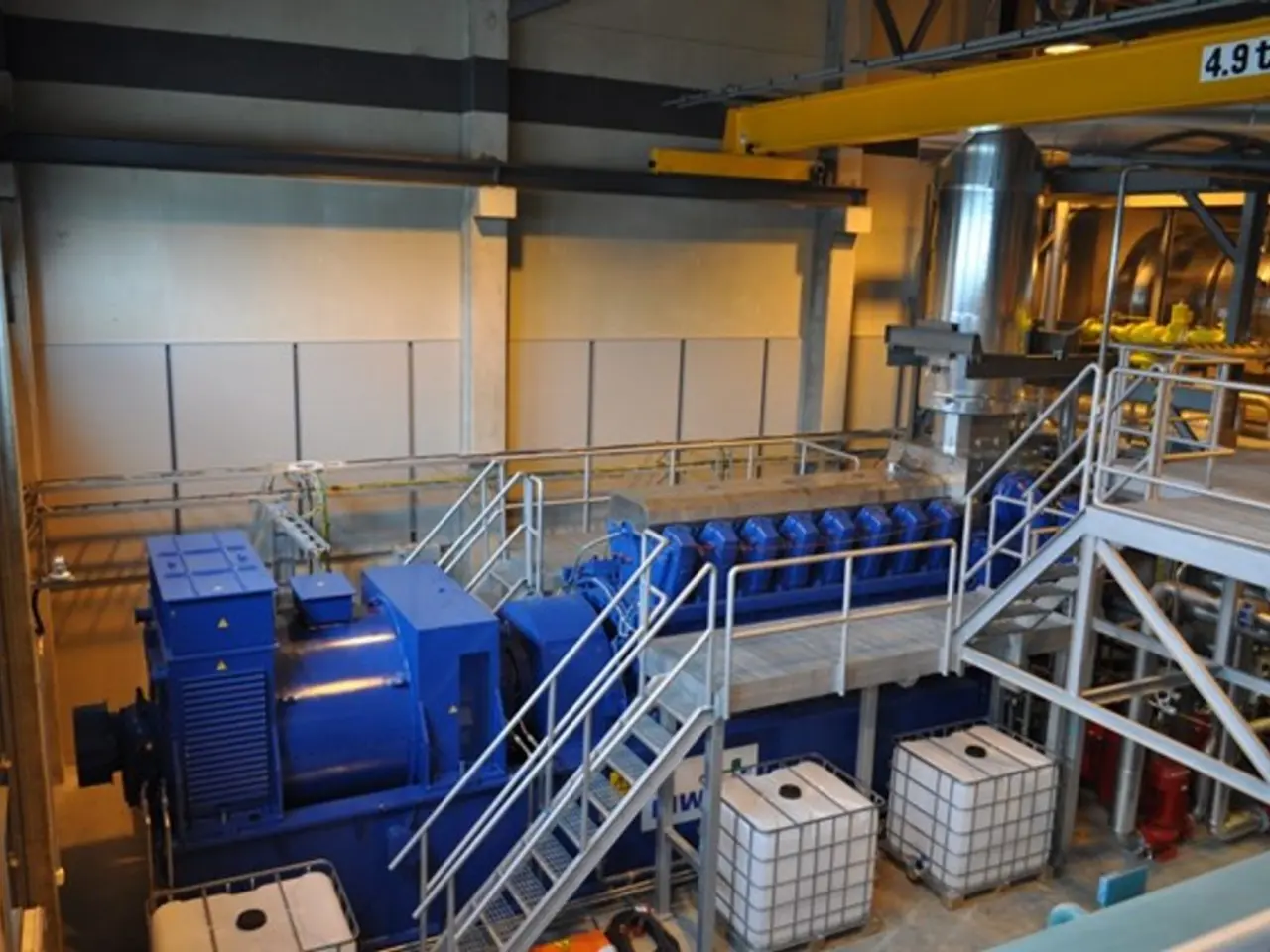Volvo To Manufacture Polestar 7 in Slovakia
Volvo Cars and Polestar have joined forces for the development and production of Polestar's upcoming premium electric compact SUV, the Polestar 7. The car will be built at Volvo's manufacturing plant currently under construction in Kosice, Slovakia, marking the second vehicle to be produced at this facility.
The Kosice plant, which is expected to produce up to 250,000 cars annually, will serve as a significant addition to Volvo's European manufacturing network, becoming the company's third plant in the region. This new plant, designed to be climate-neutral, is a dedicated electric vehicle facility, further strengthening Volvo's commitment to a sustainable future.
Håkan Samuelsson, President and CEO of Volvo Cars, commented on the collaboration, stating, "The partnership with Polestar on the Polestar 7 is an example of how we are leveraging synergies to efficiently deliver outstanding cars built for their distinct customer segments."
The Polestar 7 will share Volvo Cars' common technology base with two forthcoming Volvo models, including the Volvo EX60. This collaboration will enable the Polestar 7 to benefit from group component sharing, megacasting, cell-to-body technology with next-generation battery density and performance, and in-house-developed e-motors. However, adaptations will be made to ensure the driving experience and performance characteristics align with Polestar’s brand identity.
Polestar originally planned to build the Polestar 7 at its parent company's facilities in China. However, to reduce potential tariff exposure on Chinese-made BEVs, the company has decided to change course and produce the car at the Kosice plant instead. This decision comes amidst an ongoing debate within the European Commission regarding tariffing Chinese BEVs.
The Polestar 7 is planned for market launch in 2028. This collaboration not only builds on previous successes with Polestar 2 and Polestar 3 but also allows both brands to leverage synergies efficiently. For Volvo, the Košice plant adds a third European manufacturing site, creating a manufacturing triangle with plants in Ghent (Belgium) and Torslanda (Sweden), thereby strengthening production capacity in Europe’s largest sales region. For Polestar, manufacturing in Košice provides a critical foothold in Europe and supports its strategy of using architectures within the Geely Holding Group to access advanced technologies in a cost-efficient manner while maintaining a distinct design and sporty driving character.
The Košice plant represents an investment of about EUR 1.2 billion, expected to create several thousand jobs in the region, emphasizing the importance of this facility to Volvo’s electric ambitions and Polestar’s growth in the European market. The collaboration between Volvo Cars and Polestar for the Polestar 7 is set to redefine the electric compact SUV segment, combining advanced Volvo technology with Polestar’s design and performance ethos.
- The Polestar 7 will be built at Volvo's manufacturing plant in Kosice, Slovakia, which is expected to produce up to 250,000 cars annually and serve as a significant addition to Volvo's European manufacturing network.
- The Kosice plant, designed to be climate-neutral, is a dedicated electric vehicle facility and further strengthens Volvo's commitment to a sustainable future in the automotive industry.
- The Polestar 7, which is planned for market launch in 2028, will share Volvo Cars' common technology base with two forthcoming Volvo models, including the Volvo EX60, allowing it to benefit from various advanced technologies and in-house-developed e-motors.
- To reduce potential tariff exposure on Chinese-made BEVs, Polestar has decided to produce the Polestar 7 at the Kosice plant instead, marking a shift in the location of production from its parent company's facilities in China.




